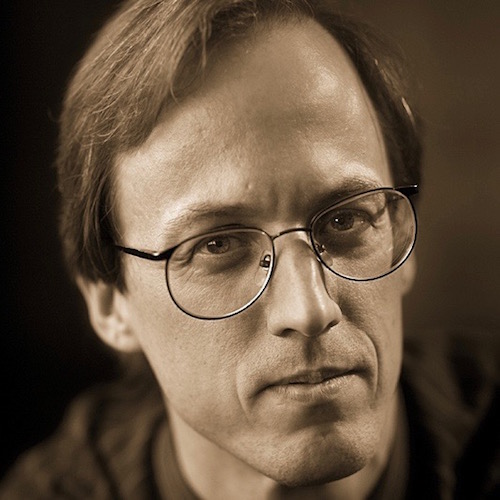 Evolution
Evolution
 Intelligent Design
Intelligent Design
William Dembski on the “Science vs. Science” Debate, the “Two Strands” in ID Research, and More

Sean McDowell has published an excellent interview with the always-provocative William Dembski (“How Is the Intelligent Design Movement Doing?“). Some of his formulations are very helpful and illuminating. Dr. Dembski, mathematician and philosopher, has said before and repeats here that he considers his own contribution to the field of intelligent design to be complete with the publication of his book Being as Communion. But obviously this ID luminary is not done offering keen commentary on the evolution debate.
On ID and the “science vs. science” debate:
Unlike creationism, with which it is often conflated, intelligent design shifts the discussion of biological origins from a religion vs. science controversy to a science vs. science controversy. This is a success, even if ID’s critics continue to try to claim that it is religion in scientific garb.
On the “two strands” that combine to form the project of ID research:
There are really two strands to ID’s scientific program. There’s the pure information-theoretic side, as represented by the Evolutionary Informatics Lab, and then there’s the molecular biology research side, as represented by Biologic Institute and [the] journal BIO-Complexity. We continue to push the research frontiers forward on both sides.
On the “biggest challenge” for ID:
The incentive structure in the scientific community rewards bashing intelligent design and vilifying its proponents. If you doubt this, see Ben Stein’s documentary Expelled: No Intelligence Allowed.
On ID and evolution’s Berlin Wall:
I think ID finds itself in a similar environment that democratically minded people behind the Iron Curtain found themselves in during the 1970s and 1980s. The Communist ideology in Eastern Europe as dictated by the Soviet Union was clearly not working. Food shortages, poor standards of living, a world of grays rather than colors were the norm.
I would say we see a comparable failure with the ideologies of naturalistic evolution, theistic evolution, and young-earth creationism. Unfortunately, it often takes reality a while to catch up with bad ideas. With Communism in Eastern Europe, reality came suddenly with the fall of the Berlin Wall (this was especially meaningful to me since my mother had lived through the Berlin Air Lift and my uncle was a professor at the Technical University in West Berlin when the Wall fell).
In the long run, I do see ID as succeeding. But as John Maynard Keynes put it, “In the long run we’re all dead.” I don’t have a crystal ball, and I’m not holding my breath that we’re going to see ID victorious, as in becoming the dominant paradigm of biological origins, any time soon. As a New Yorker cartoon put it over half a century ago — attorney speaking to client: “You have a pretty good case, Mr. Pitkin. How much justice can you afford?” I’d say we have a very good case, but propaganda and ideology can be formidable foes.
Indeed. I can’t imagine anyone holding his breath waiting for the sudden overthrow of a scientific paradigm in which so much money and prestige have been invested. Darwinism is “too big to fail” overnight. On the other hand, I doubt anyone was “holding his breath” waiting for the Berlin Wall to fall either. Yet it did.
There are also fine and scathing remarks about prevailing attitudes among Dembski’s fellow Christians, but these I leave to the reader to consider for himself. Believe me, given an appropriate occasion, I could be at least as scathing about my fellow Jews.
